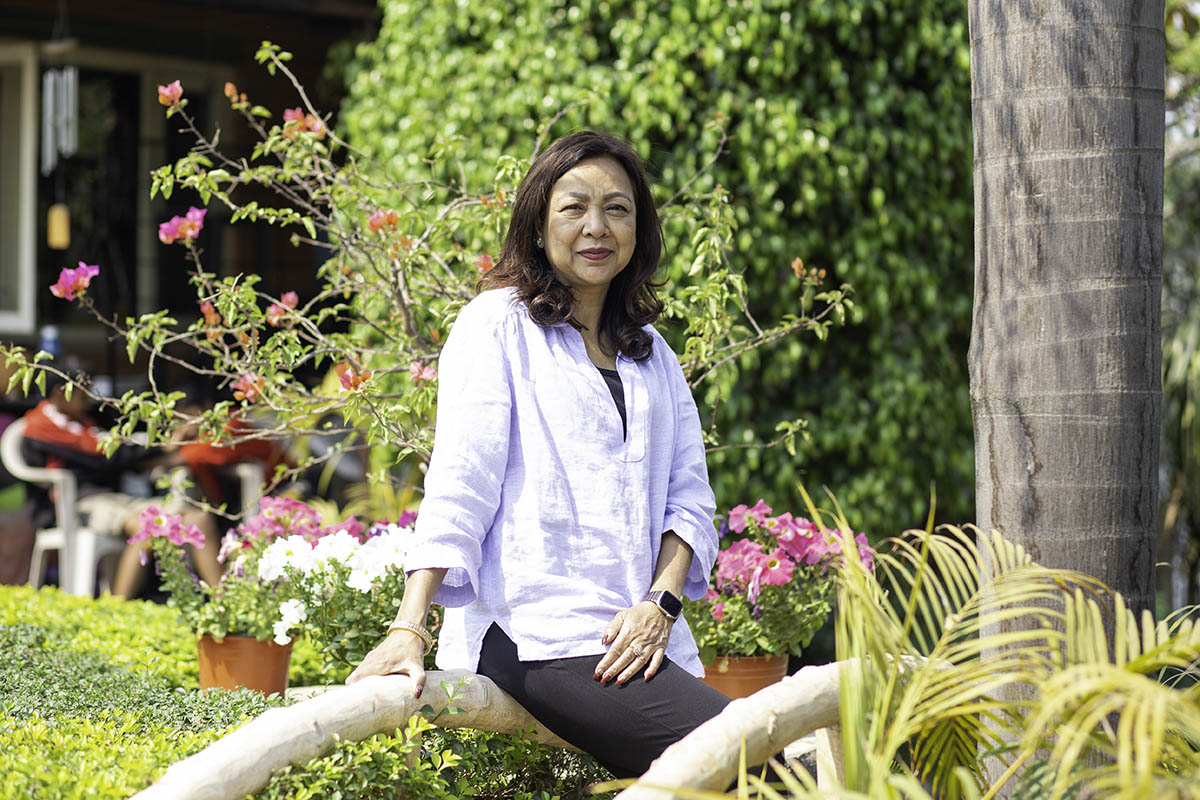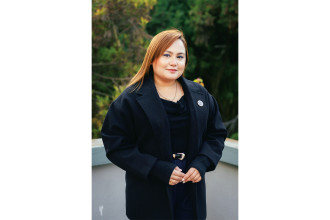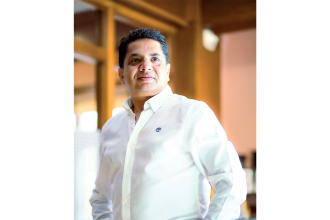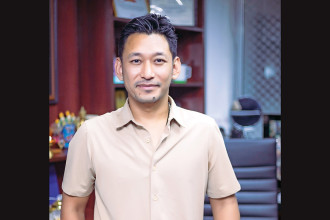
Basanti Pradhan
Chief Executive Officer, Batika Nepal
Basanti Pradhan, Chief Executive Officer of Batika Nepal life and career are a testament to the power of purpose. Growing up in a household where travel to remote villages was a regular part of life, Pradhan’s childhood was marked by a profound exposure to both the hardships and the heartwarming resilience of rural communities. These formative years ignited within her a deep desire to contribute to the wellbeing of others.
While Pradhan’s upbringing included the privilege of good education and a comfortable life, it was the stark contrast she witnessed during these village visits that truly shaped her life perspective. Raised without the constraints of traditional gender roles, she grew up with a strong sense of independence and ambition. Entrepreneurship became her calling and she embraced the challenges and opportunities that came with it undeterred by success or failure.
Today, she is a recognized name in floriculture and also an insightful leader working towards women’s economic empowerment through her association with the Federation of Women Entrepreneurs Associations of Nepal.
In this edition of Business 360, Pradhan reflects on the five key influences that have shaped her life and work.
Freedom to speak up, to think freely, and to dream big
Growing up, I had a childhood that was both rooted and privileged in its own way. My father worked in the government and because of his job, we travelled a lot, especially to remote villages. It was not a one-time visit kind of thing. My parents, my sister, and I would pack our bags and go with him wherever his work took him. Some of my most vivid memories are from these village visits.
As a child, I was deeply affected by what I saw – poverty, hardship and suffering. Life was not easy for the people in those places. But what struck me more than anything was their resilience. They were warm, kind and full of life despite their daily struggles. I think that was the beginning of my social awakening. I might not have been able to fully understand the economics or politics of it then but something in me knew I wanted to do something to uplift others. That seed was planted early and it stayed with me.
While I studied in a good school, St Mary’s, and had a fairly comfortable life, those village visits gave me a sense of contrast that shaped how I see the world today. I was born with what many would call a silver spoon but I was also raised with strong values, thanks to my parents. And the interesting thing? Growing up with just my sister, gender roles did not really exist in our household. We were never told what girls could or could not do. That gave me a kind of freedom that many girls did not have then – to speak up, to think freely, and to dream big.
Power of entrepreneurship
Like many parents, mine also wanted me to be a medical doctor. I was good at studies and medicine seemed like a noble, secure path. But as I thought about it more, I realised I was not meant for that life. The idea of constantly studying, even after getting a degree, did not appeal to me. Ironically, today I still study every single day. I research, I learn and I explore. But back then, I did not know learning could take so many shapes.
I remember thinking, ‘If I can’t imagine myself in that life, why force it?’ And that was when my interest in business started. Not just business for profit’s sake but business as a tool to empower others. I did not know the word ‘entrepreneur’ back then but I had that mindset. I wanted to create, employ, teach and build something meaningful.
What made this decision even more radical was that no one in my family came from a business background. Everyone was in government service. So, I was breaking a kind of invisible family tradition. However, I believed in the power of entrepreneurship, not just for personal success but as a way to impact others’ lives. I understood early on that through business, I could create value chains that uplifted people, especially those at the bottom.
Full of fire, full of belief
I was just 18 or 19 when I started my first real business – a garment factory. Not for export at first but for fabrication. We stitched buttons and zippers. It was small but ambitious, around 20 to 30 machines. I started it with my sister and my then-boyfriend, now my husband. He was on holiday when a buyer randomly came to meet us. We hosted him for dinner – something as simple as that – and he was so moved by our hospitality, and probably the home-cooked food, that he gave us a direct export order to the United States. I was only 19. My sister was even younger. But there we were transporting sewing machines from India overnight, expanding rapidly to meet the demand. We ended up hiring 300 employees. It was a massive responsibility for people our age. We were full of fire, full of belief. It was a golden time. But success did not last. A trade dispute between Nepal and India caused major delays. Our imported fabric got stuck in customs for over six months. The order was cancelled. We missed the deadline. That is how fast things can collapse in business. And just like that, we went bankrupt.
It was a hard fall – emotionally, financially and mentally. But we were young. We did not fully grasp the gravity of losing that much money because a lot of it had come from our parents. My mom used to remind me, ‘You took a loan, now return it.’ She was sharp with money and taught us how to handle it. My dad, being a strategist, taught us the importance of planning and foresight. Together, they gave us the kind of education no school could provide.
It was in my blood; the desire to create and build
After the garment business collapsed, I did not stop. I could not stop. It was in my blood by then, the desire to create and build. My husband’s family had some stake in a school and I joined as a vice principal. I loved the children and they still remember me fondly today. But the school system, with bells and timetables, did not satisfy my soul. I knew I could not live a ‘bell-bound’ life forever.
So, we looked for small gaps in the market – something low-risk, something meaningful. That is when we realised there were no proper bouquets or cut flowers available in Kathmandu. No one thought of flowers as a business. We did. It was simple, elegant and had room to grow.
We started small with whatever little money we had. We were not financially smart back then because talking about money was taboo. But we learned, step by step. That flower business became the first of many ventures. Each one taught us something new.
It was not about going big again immediately. It was about doing something well, something sustainable. And this time, we were cautious, humble and more aware of the realities of running a business.
Money is not everything but understanding it is crucial
Looking back, I see that every phase of my life – childhood, failed dreams, the highs and lows of business – came with its own set of lessons. Some came from pain, others from joy. But all of them shaped me.
One big thing I have learned is this: money is not everything but understanding it is crucial. I wish we had been taught about finances earlier in school, at home or in society. But now, I make sure to talk openly about it with the younger generation.
Another thing I realised is that failure is not the opposite of success, it is part of it. Losing that first business taught me resilience. It taught me that setbacks are setups for comebacks.
And finally, people matter. I have always been a people person. Whether it is employees, customers or partners, you cannot build anything alone. I never wanted to go into politics but I have always believed in people and in the power of community. That is why I chose entrepreneurship – not just to create wealth but to create opportunities.
So here I am today, still learning, still growing, still believing in the power of ideas, compassion and second chances. Life has a funny way of taking you where you need to go, even if you do not know it at the time. Looking back, I would not change a thing.






